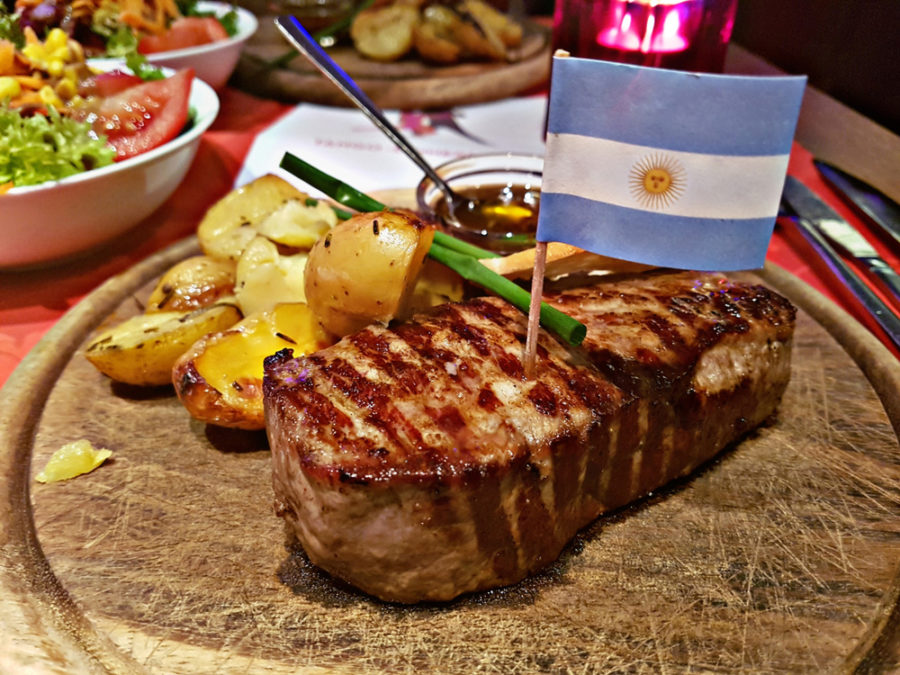RIO DE JANEIRO, BRAZIL – The suspension of meat exports recently announced by Argentina should displace part of the external demand to Brazil, its direct competitor, but makes room for beef prices, which are currently trading high, to reach new peaks in the Brazilian market, according to analysts.

The Argentine government said on Monday that the 30-day sales ban is an emergency measure due to the sustained increase in beef prices in the domestic market.
“It positively affects Brazil because, as well as Brazil, China is Argentina’s main market, so probably the Chinese should increase their beef orders from the rest of the world,” said on Tuesday the director of Scot Consultancy, Alcides Torres.
He recalled that, according to the Argentine government, the measure may be reversed before the deadline if a solution is found to curb domestic inflation. But the intervention may continue for a longer period of time, which would be an “opportunity” for Brazil.
“This creates a whole negative perception about the fulfillment of contracts by the Argentines,” he added regarding the perspective of international buyers.
Torres added that Argentina has previously implemented this type of intervention in an attempt to control prices, but it failed because there is no direct relationship between exports and the domestic price of meat. “The system works in (livestock) cycles and they, like us, are in a cycle of high prices,” he stressed.
This means that restrictions on shipments may continue beyond the prescribed period.
BUT…
Although it seems like the perfect scenario for competition, it is not.
Lygia Pimentel, director of Agrifatto consulting firm, alerted that buyers will not cease to be served, but this change also means new price hikes for Brazil, where the shortage of cattle is raising costs. “It is another contributing factor to cattle prices, even in the medium/long term, if the restriction continues,” she said.
Even if the measure lasts only 30 days, the expert believes that it would be enough for some variation in the prices, albeit to a lesser extent. “Today the global availability of beef is low, so everything helps to sustain prices,” she explained.
In Brazil, the beef arroba (60kg) remains priced above R$300 (US$57), according to CEPEA research center’s indicator. On the demand side, exports have sustained the prices of the arroba in Brazil.
Revenues from Brazilian fresh beef exports rose 2.3% in the first four months of the year, to a record US$2.16 billion, driven by China, which accounted for about half of this amount, according to the Ministry of Agriculture.
Companies
Marfrig Global Foods and Minerva Foods are the companies directly affected by the Argentine decision, as they have operations in the neighboring country.
Marfrig released a statement to the market on Tuesday saying that the impact is limited to 1.3% of consolidated net revenue. The competitor declined to comment.
Minerva is expected to be the most affected, because in total the Argentine operations represent about 10% of the company’s global revenue, said the head of agribusiness at Criteria Investimentos, Rodrigo Brolo. “It won’t halve (revenue) because of a 30-day suspension, but it shakes investor confidence.”
“Minerva can say that now it will export more through Brazil to supply this shortage, but it is not always that simple, because here the quality of cattle is different, the cuts are different, it is not like selling corn or soybeans, these are customized products.”
In reaction to the government’s decision, and to further compound the scenario in the neighboring country, Argentina’s main agricultural associations on Tuesday announced a 9-day suspension of cattle sales in protest against the interruption of the country’s meat exports.
Source: Infomoney

